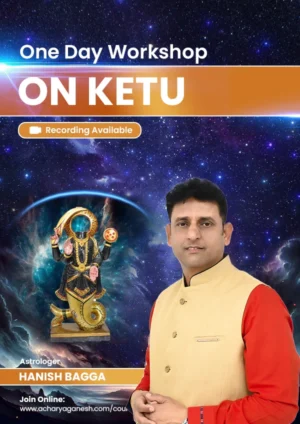Introduction to Astrology’s Epic Journey cliffnotes
Hey there, stargazers and cosmic curious! Ever wondered how astrology became the fascinating blend of star-gazing and soul-searching we know today? Astrology’s Epic Story Well, grab a cup of your favorite celestial brew, and let’s take a friendly stroll through the history of astrology. cliffnotes It’s been quite the journey, with more twists and turns than a roller coaster ride through the Milky Way!
The Ancient Beginnings
Mesopotamian Stargazing
Picture this: it’s around 3000 BCE, and you’re chilling in ancient Mesopotamia. No smartphones, no Netflix, just you and the night sky. What do you do? You start connecting the dots – literally! The Mesopotamians were the first to get into this star-watching business. They noticed patterns in the sky and started linking them to events on Earth.
Fun fact: These early astrologers were the weather forecasters of their time. “Oh, look! That star is bright tonight. Better bring an umbrella tomorrow!”
Egyptian Contributions
The next stop on our cosmic tour: ancient Egypt. These folks took stargazing to a whole new level. They weren’t just looking at the stars; they were using them to predict the all-important flooding of the Nile. Astrology’s Epic Story Talk about practical astrology!
The Egyptians also came up with the idea of dividing the sky into 36 groups of stars called “decals.” Each decan was associated with a specific god or spirit. It’s like they created a celestial phonebook of deities!
Greek Refinement
Now, let’s zip over to ancient Greece. These guys were all about logic and reason, and they brought this mindset to astrology. They started asking the big questions: “Why does this star stuff work?” and “How can we make it more accurate?”
The Greeks gave us the zodiac as we know it today. Twelve signs, each with Astrology’s Epic Story its personality traits. It’s like they created the original personality quiz, centuries before BuzzFeed!
The Middle Ages and Renaissance
Arabic Preservation
As we move into the Middle Ages, astrology hit a bit of a rough patch in Europe. But fear not! The Arabic world stepped up to the plate. They not only preserved the ancient astrological knowledge but also added their spice to the mix.
Islamic scholars translated Greek and Roman texts, keeping the astrological flame alive. They also made some pretty nifty advances in astronomy, which helped make astrological predictions more accurate.
European Revival
Fast forward to the Renaissance, and astrology is making a comeback in Europe. It’s like the cosmic version of a pop star’s reunion tour! Kings and queens were all about getting their horoscopes done. Can you imagine Queen Elizabeth I asking, “What does Venus say about my love life this week?”
This period saw a boom in astrological publications. Almanacs were the Instagram of their day, giving people their daily dose of cosmic wisdom.
Modern Era
Scientific Skepticism
As we cruise into the modern era, science starts to raise an eyebrow at astrology. The relationship between astrology and astronomy, once BFFs, starts to get a bit… complicated. It’s like that awkward phase when you and your childhood bestie start growing in different directions.
Scientists began questioning the validity of astrological predictions. Meanwhile, astrologers were like, “Hey, there’s more to this than just the positions of the planets!”
Psychological Approach
Enter Carl Jung, stage left. This Swiss psychiatrist saw astrology as a way to understand the human psyche. He didn’t necessarily believe the stars controlled our destiny, but he thought they could offer insights into our personalities and relationships.
This psychological approach to astrology gave it a new lease on life. It’s no longer just about predicting the future; it’s about understanding ourselves better.
Pop Culture Phenomenon
And here we are in the present day, where astrology is everywhere! It’s in our apps, our memes, our conversations. “Sorry I’m late, Mercury was in retrograde!” has become a acceptable excuse (cliffnotes).
Astrology has become a way for people to connect, to find meaning in a chaotic world, and sometimes, just to have a bit of fun. It’s like a cosmic comfort blanket we can wrap ourselves in when life gets a bit too… Earth-bound.
For interesting astrology-related videos, subscribe to us on Youtube
Conclusion
So there you have it, folks – the cliff notes version of astrology’s epic journey through time. From ancient star-gazers to smartphone apps, it’s been quite the ride. Whether you’re a die-hard believer or a skeptical observer, cliffnotes there’s no denying that astrology has left its mark on human history and culture.
For interesting astrology-related videos, subscribe to us on Youtube
Remember, cliffnotes the next time you check your horoscope, you’re participating in a tradition that’s older than the pyramids. Pretty cool, right? Now, if you’ll excuse me, I need to go see what the stars have in store for me today. Spoiler alert: cliffnotes it probably involves more star-gazing!




















